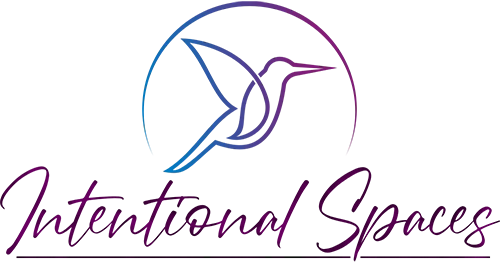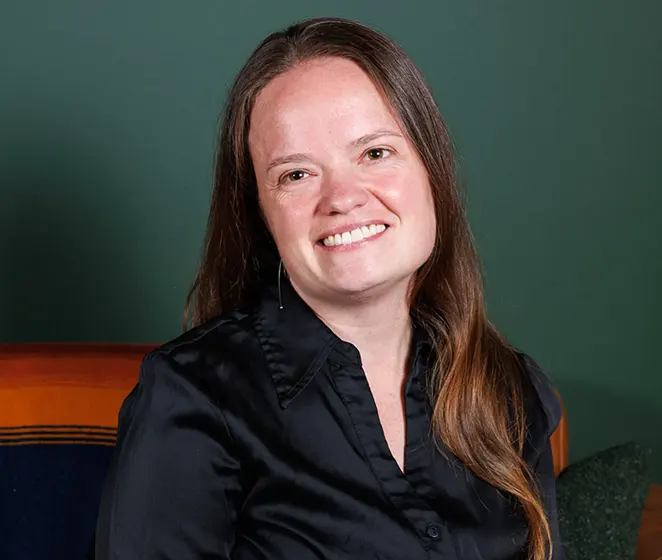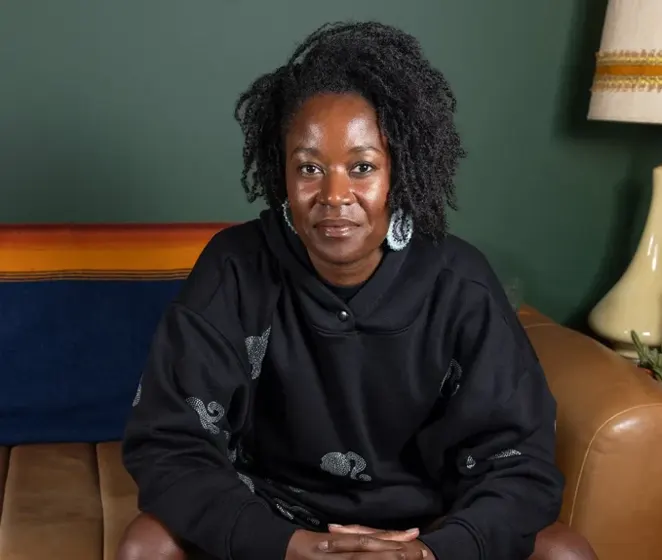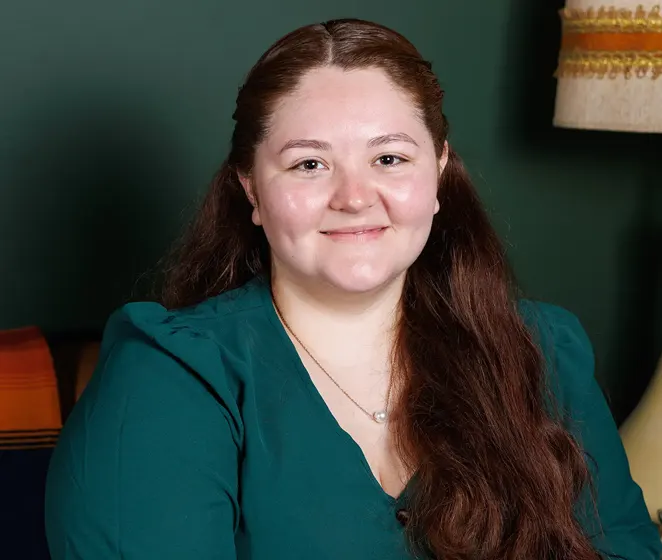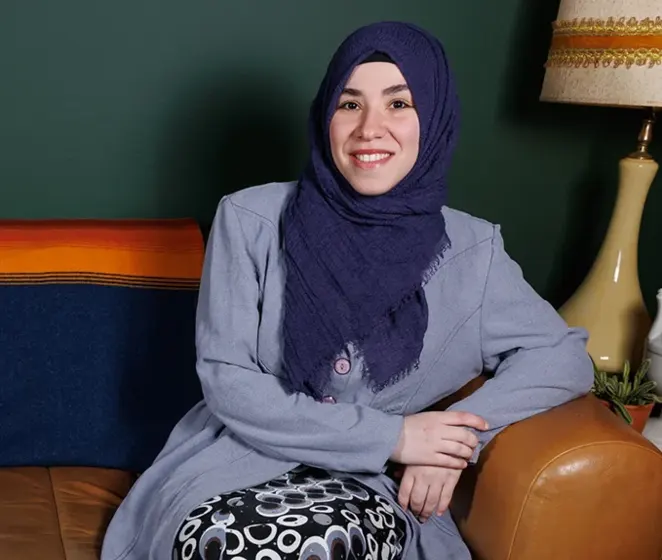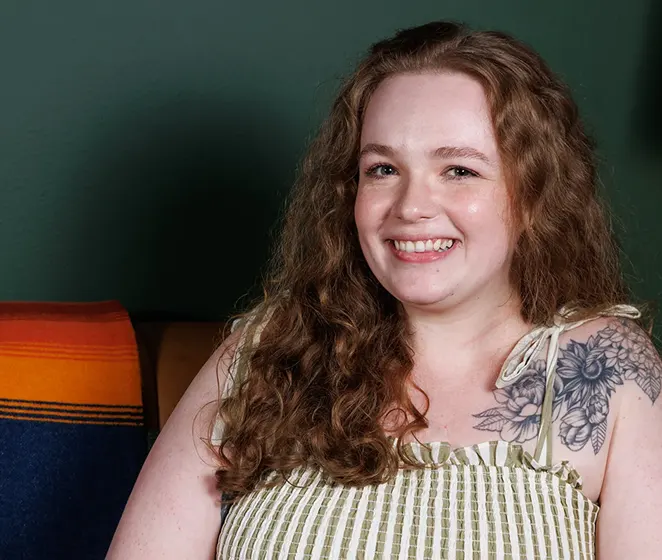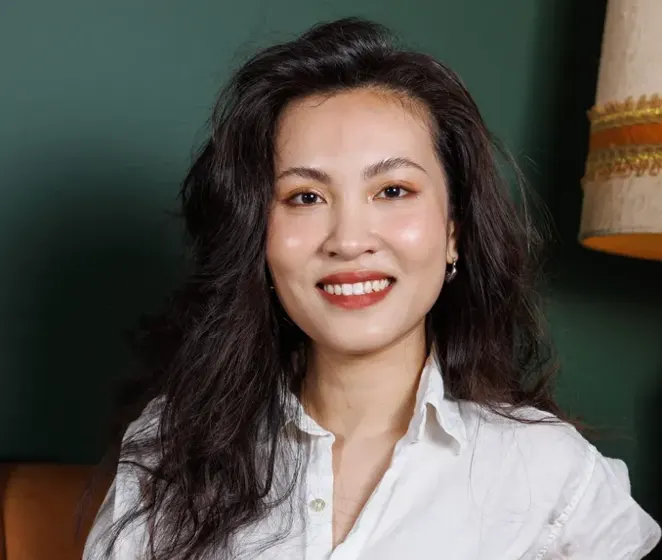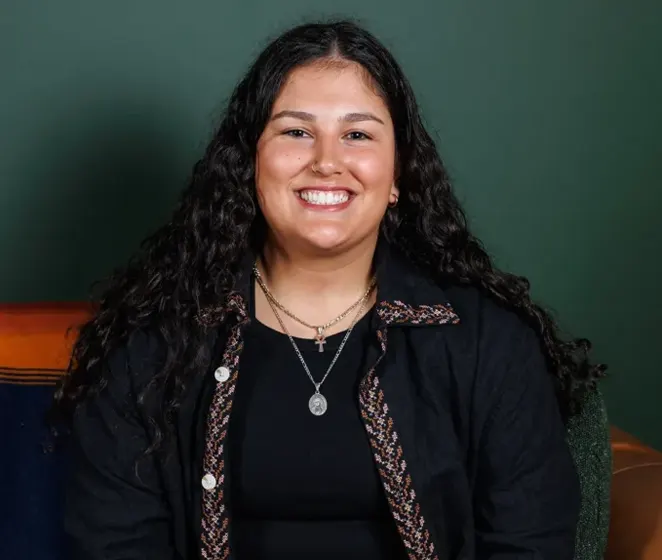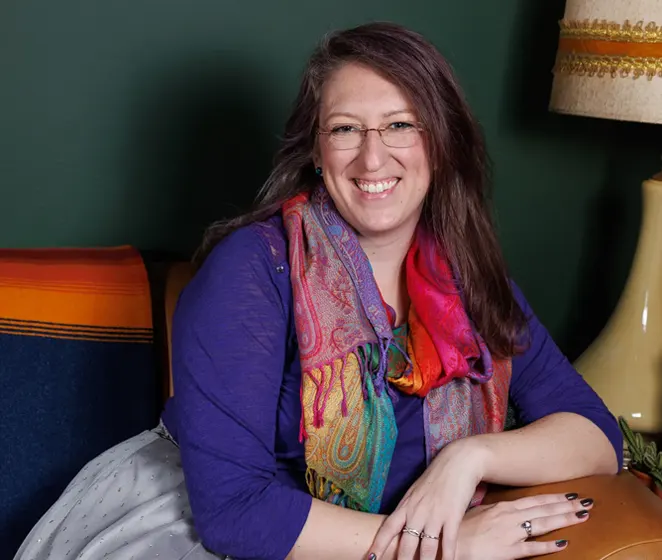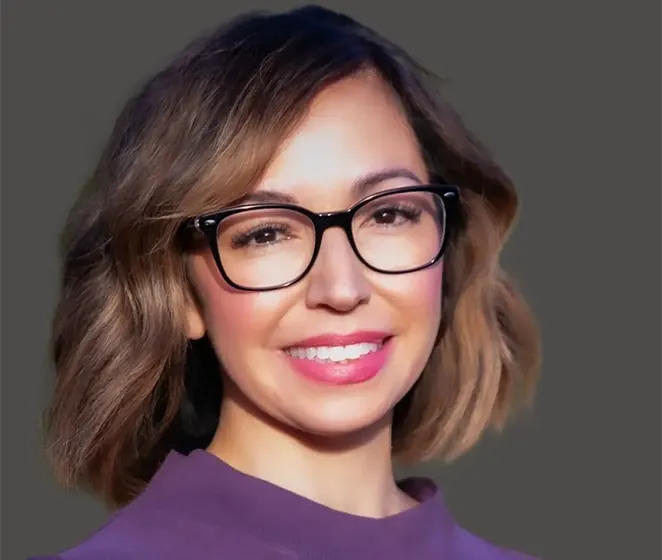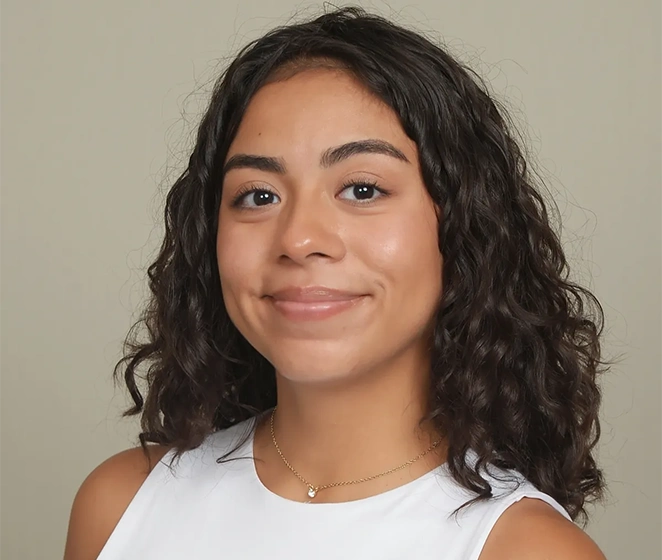There are moments in a relationship—often subtle, sometimes seismic—where closeness gives way to silence, conversations feel rehearsed rather than real, and even shared space can feel isolating. These moments don’t necessarily signal the end of a relationship, but rather, an invitation to do the work of repair. The Gottman Method for couples therapy offers a structured, compassionate, and research-grounded pathway forward.
Developed by Drs. John and Julie Gottman, this approach is the result of over four decades of clinical research into what makes relationships succeed or unravel. It isn’t rooted in abstract theory, but in observable patterns and practical interventions. The Gottman Method doesn’t simply aim to reduce conflict—it helps couples understand and transform it.
The Architecture of Intimacy: Inside the Sound Relationship House
At the center of this approach is what the Gottmans call the Sound Relationship House, a framework built on the foundational elements of trust, mutual understanding, and emotional responsiveness. Couples are guided to build “love maps” of each other’s worlds, to nurture fondness and admiration, and to develop rituals of connection that protect the relationship against the erosion of daily stress.
It also asks us to do something both profoundly simple and deeply challenging: to turn toward each other, again and again, especially when it feels easier to turn away.
This isn’t about conflict avoidance. In fact, the Gottman Method recognizes that all couples experience conflict—it’s how we navigate that conflict that matters. Therapists trained in this model support couples in learning to recognize destructive patterns, regulate emotions, and respond with curiosity instead of criticism. The work is layered, deliberate, and grounded in the belief that emotional safety is the prerequisite for relational growth.

Why This Work Matters—Now More Than Ever
In a culture that often romanticizes effortless love, the Gottman Method reminds us that healthy relationships are built, not found. They are shaped by what the Gottmans call the “small things often”—the everyday acts of attention, care, and intention that, over time, create resilience.
At Intentional Spaces, we hold a deep respect for the courage it takes to come to therapy as a couple. It means being willing to slow down, to listen differently, and to be seen not only in your strengths, but in your struggles. It means making a choice—not just to stay together, but to grow together.
Therapy That Honors the Relationship as a Living System
Our clinicians approach couples therapy not as referees, but as collaborators—witnessing and guiding a process that is as personal as it is transformative. The Gottman Method offers a framework, but within that structure is space for nuance, cultural context, and the specific rhythms of each relationship.
Because we believe that therapy should not just feel safe—it should feel sacred.
Whether you are navigating rupture or simply seeking deeper connection, this work is about possibility. And if you’re ready to begin, we’re ready to walk with you.
Find a therapist who offers Gottman Method couples therapy here.
